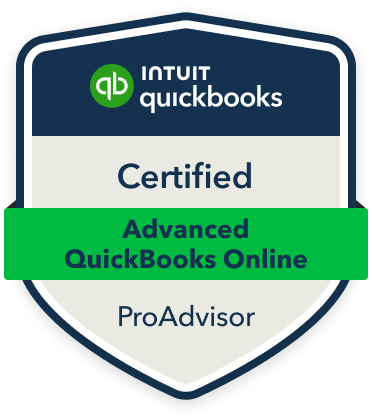Certainly, small businesses often encounter various challenges with their bookkeeping. Here are ten common problems.
- Poor Record Keeping: Inadequate documentation or disorganized records can lead to errors and make it difficult to track finances accurately.
- Mixing Personal and Business Finances: Failure to separate personal and business finances can confuse and complicate tax filings.
- Failure to Reconcile Accounts: Not reconciling bank statements, credit card statements, and other financial accounts can result in discrepancies and missed transactions.
- Lack of Knowledge or Expertise: Small business owners may lack the necessary accounting knowledge or expertise to manage their bookkeeping effectively, leading to mistakes or oversights.
- Inaccurate Categorization of Expenses: Misclassifying expenses can distort financial reports and lead to incorrect tax calculations.
- Delayed Invoicing or Payments: Delayed invoicing can cause cash flow problems, while late payments may result in penalties or strained vendor relationships.
- Overlooking Tax Deadlines: Missing tax deadlines can result in fines and penalties, and failure to keep up with tax obligations can lead to legal issues.
- Not Using Accounting Software Efficiently: Inefficient accounting software or outdated systems can hinder bookkeeping processes and lead to errors.
- Ignoring Financial Reports: Failing to review financial reports regularly can prevent businesses from identifying trends, managing expenses, or making informed decisions.
- Employee Theft or Fraud: Lack of internal controls or oversight can leave small businesses vulnerable to employee theft or fraud, impacting financial stability and trust.
Addressing these challenges requires proactive management, possibly through hiring a qualified bookkeeper or accountant, implementing robust systems and procedures, and investing in appropriate accounting software or tools.


